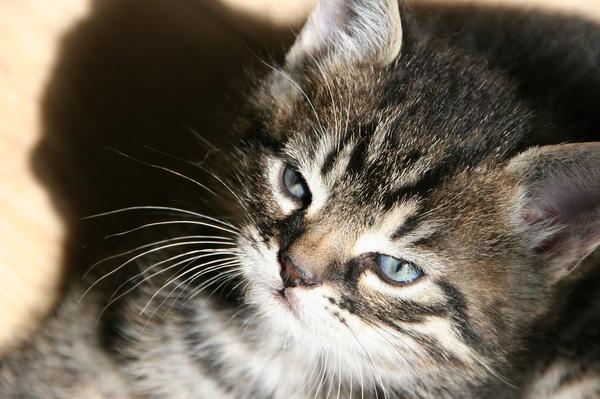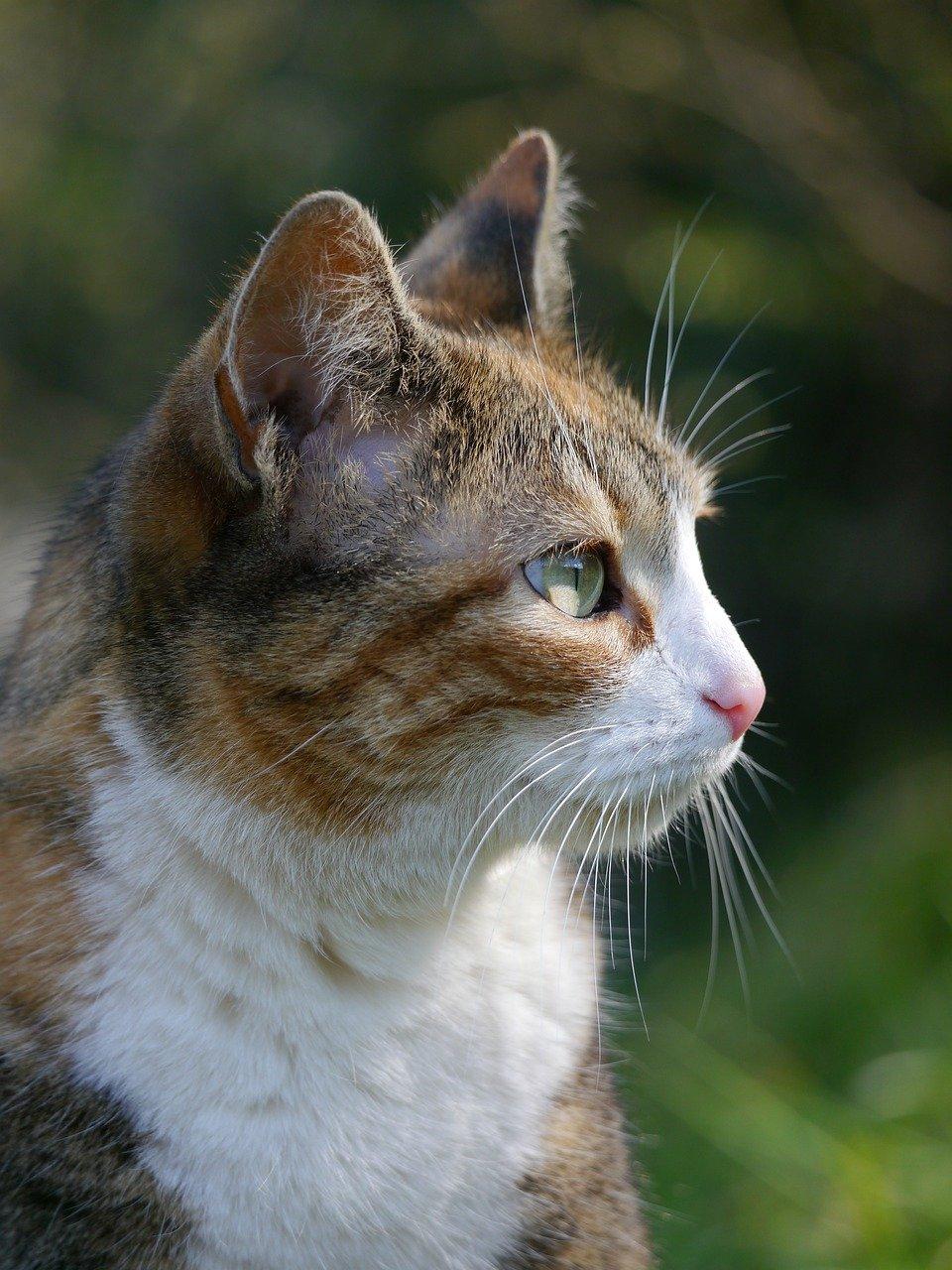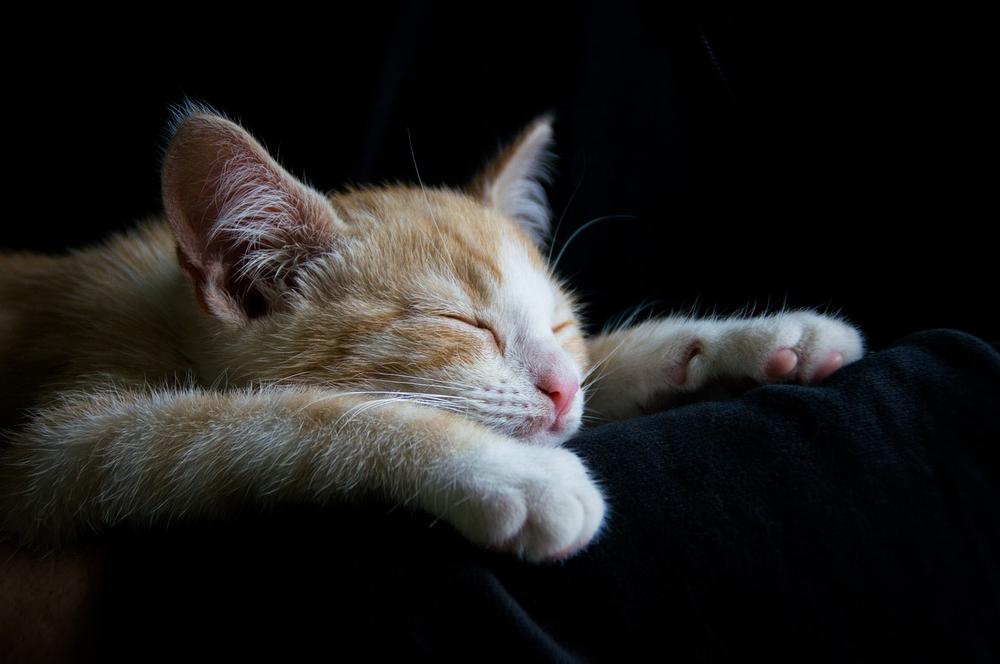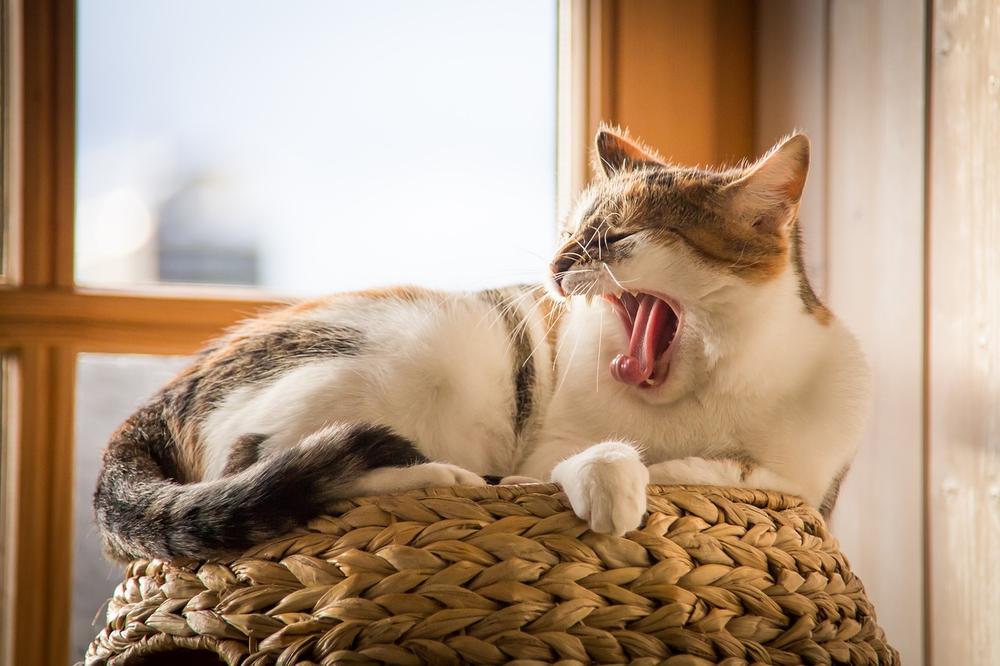Do Cats Feel Guilty?

Curled up on the bed, your cat stares at you with those big, innocent eyes.
But behind that angelic facade, could guilt be lurking? 😇
Do those whiskers hold a secret?
Ah, curious soul, I know you hunger for answers.
You've pondered it, questioned it, and now it's time to explore the enigma that is feline guilt.
So, let's unravel this intriguing feline mystery together, shall we?
Let the investigation begin.
Decoding the Complex World of Feline Emotions
Understanding feline emotions can be complex, but with these actionable steps, you'll be better equipped to decode your cat's behavior:
- Recognize their independence.
- Understand that cats display emotions differently from humans.
- Identify mounting stress as a potential trigger for aggression.
- Consider excessive grooming as a sign of emotional distress.
- Address territorial issues and overstimulation during petting to reduce aggression.
- Rule out medical causes for undesirable behavior.
- Use remote correction techniques rather than physical punishment.
- Provide a safe and calm environment for your cat to feel secure.
- Be aware that fear or hiding may indicate a hostile environment.
- Increased affection could signal hunger.
Moreover, here are some insights into specific behaviors and their possible solutions:
- Snoring in cats can have multiple causes like obesity, infections, and allergies.
- Cat depression may result from changes in the environment or exposure to loud noises.
- Jealousy behavior is often related to dominance and can be alleviated through quality time and play sessions.
Seeking professional help is crucial for challenging behavior issues.

Keep researching and learning about cat behavior to foster a happier and healthier bond with your furry friend.
Moreover, if you're interested in deepening your understanding of your feline companion and fostering a stronger bond, I invite you to learn how to effectively apologize to a cat in a way that they will understand and appreciate.
In my article How to Apologize to a Cat, I share insights and techniques that can help you navigate those moments when you and your furry friend need to reconnect and mend any misunderstandings.
Exploring Cat Guilt and Remorse
Cats can seem sorry when they piss you off. They act submissive or avoid eye contact.
But don't forget, cats might not actually feel guilt but show happiness by rubbing on your legs, purring, meowing, and rubbing their face on you. 😺
When your cat makes you mad, they might try to make it up to you.
This means they know they screwed up and understand how it affected you. When your cat accidentally hurts you, don't overreact.

Just communicate your message calmly.
Teaching your cat a firm "no" can help prevent painful behaviors like biting and scratching. Using positive reinforcement and redirection techniques is the best way to change their behavior and have a good relationship with your kitty.
So, remember that even if cats don't feel guilty like humans do, they can still learn and adjust based on our reactions.
And if you're interested in understanding more about your cat's emotions and how you can support them, there's a resource I highly recommend checking out.
In my guide, Do Cats Feel Sadness, you'll find valuable information on recognizing signs of sadness in your feline friend and learn effective ways to provide care and comfort.
Take the next step in strengthening your bond with your beloved companion and discover how you can make their world a happier place.
The Truth About Cat Guilt
Cats may appear guilty, but they don't actually feel guilt. Their reactions are based on how we react. Cats lack the ability to comprehend right and wrong or engage in complex reasoning. They exhibit these behaviors to please us and create a harmonious environment.
Although cats may exhibit signs of guilt, such as lowered ears or a tucked tail, it's not due to them actually feeling guilty.
Nope, those reactions mainly depend on how you react rather than their own emotions.
You see, cats simply don't experience guilt or remorse in the same way that we humans do.
They lack the comprehension of concepts like right and wrong or engage in complex reasoning.
So when your cat scratches up your beloved couch, it's not because they understand it's wrong and feel guilty about it.
Scratching is an innate instinct for felines — it helps them mark their territory and maintain their claws.
They're just doing what comes naturally to cats.
To address undesirable behavior in cats, you should focus on specific actions.
For instance, if your furry companion enjoys biting or has an inappropriate litter box habit, those are the behaviors you should work on instead of attempting to make them feel guilty about something they don't even grasp.
Cats have their own set of values and motivations.
They're unable to comprehend guilt in the same manner as we do.
Their seemingly guilty behavior is merely an attempt to please you and create a more comfortable environment. They aim to avoid conflict and possibly gain extra affection.
So, the next time you catch your feline friend appearing guilty after knocking over a plant, remember that it's not genuine guilt—it's about fostering peace and harmony between you and your cat.
And while cats may not experience guilt or remorse, they certainly have a unique range of emotions and behaviors that reveal their understanding of human dynamics and desires:
Decoding the Intricate Emotional World of Cats
| Emotion | Guilt and Remorse in Cats |
|---|---|
| Definition | Guilt and remorse are complex human emotions that involve feelings of regret, responsibility, and the desire to make amends for past actions. |
| Human Experience | Humans have the cognitive ability to reflect on their past actions, associate them with negative consequences, and feel guilt or remorse as a result. They may apologize, seek forgiveness, or make efforts to rectify their mistakes. |
| Cat Behavior | While cats may exhibit behaviors that resemble guilt or remorse, it's important to note that their emotional world is different from humans. Cats do not possess the same cognitive abilities to experience guilt or remorse as humans do. Therefore, it's unlikely that cats feel guilt or remorse in the same way humans do. |
| Body Language | Cats may display certain body language cues that could be mistaken for guilt or remorse. These cues may include avoiding eye contact, hiding, or avoiding the person or situation. However, it's essential to interpret these behaviors in the context of a cat's natural instincts, instincts for self-preservation, and responses to perceived threats or stressors rather than attributing them to guilt or remorse. |
| Motivations | It's more likely that a cat's behavior is motivated by fear, stress, or the desire to avoid confrontation rather than feelings of guilt or remorse. Understanding and addressing the underlying factors that contribute to a cat's behavior can help improve their overall well-being. |
| Emotional Range | While cats may not experience the same range of emotions as humans, they are capable of forming emotional bonds with their owners and expressing affection, trust, and contentment. Recognizing and appreciating a cat's unique emotional capabilities is key to building a strong and positive human-cat relationship. |
Cats display fear through visible behaviors like hiding and dilated pupils. They have a wide range of fear indicators.
But cats go beyond fear - they can sense when they've upset you. So don't hold onto that grudge for too long.
Take a step back and give them some space.
And there's more to their behavior.
Have you ever woken up to find your cat staring at you?
It might be because they're curious or wanting your undivided attention.
Can you blame them?
You are captivating company.
And let's talk about time.
Cats have a subtle way of showing how they perceive it.
If they meow when they wake up, it could mean hunger, a desire for your presence, or simply craving some good old attention.
Every day spent with your feline friend reveals more about their intricate emotional world.
It's like unlocking a secret treasure chest full of mesmerizing discoveries.
But what happens when cats do something that they shouldn't?
Is it possible for them to feel guilt or remorse?
Let's dive into the fascinating world of feline emotions and find out!
Unraveling the Mystery of Cat Guilt
When it comes to dealing with unwanted behaviors, the key is to steer clear of punishment and head straight for positive reinforcement.

You see, cats don't always realize just how sharp their claws are, so scolding them won't make much sense—they might not even understand what they did wrong. That's why you ought to use positive reinforcement techniques that highlight desired actions.
By rewarding good behavior instead of punishing the bad, you help your feline friend comprehend their actions and prevent any unintentional harm. So remember, when it comes to training cats, a little appreciation goes a long way.
Understanding Cat Guilt: A Final Insight
- Aggression in cats can have various causes, such as territorial issues or overstimulation during petting.
- Medical causes should be ruled out for undesirable behavior.
- Fear or hiding in a hostile environment may indicate a need for safety.
- Increased affection in cats could be linked to hunger.
- Snoring in cats can have various causes, and appropriate solutions depend on the cause.
- Cat depression can stem from changes in environment, injury recovery, or exposure to loud noises.
- Jealous behavior in cats is often related to dominance rather than actual jealousy.
- Understanding a cat's motivations is crucial for managing their behavior.
- Seek professional help for challenging behavior issues in cats.
- Training cats as therapy animals may be difficult due to their short attention span and lack of easy obedience.
- Cats can express joy through various behaviors.
- Cats may show remorse or apologetic behavior but not necessarily feel guilt.
- Cats cannot feel guilt or remorse like humans do.
- Addressing bad behavior in cats depends on specific misdeeds.
- Cats exhibit guilty behavior to appease their owners, not because they feel guilt.
And that wraps up today's article.
If you wish to read more of my useful articles, I recommend you check out some of these: Does Ammonia Keep Cats Away, Why Do Cats Knock Things Over, Does Irish Spring Soap Keep Cats Away, Cat Peeing and Pooping in Closet, and Why Does My Cat Clean Herself on Me
Talk soon,
-Sarah Davis